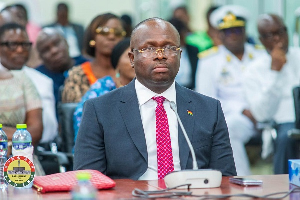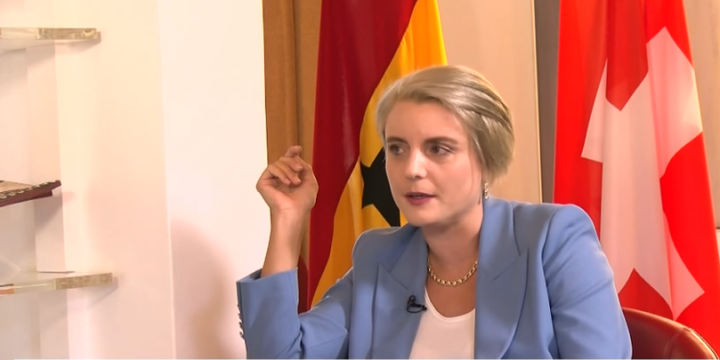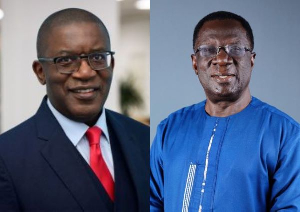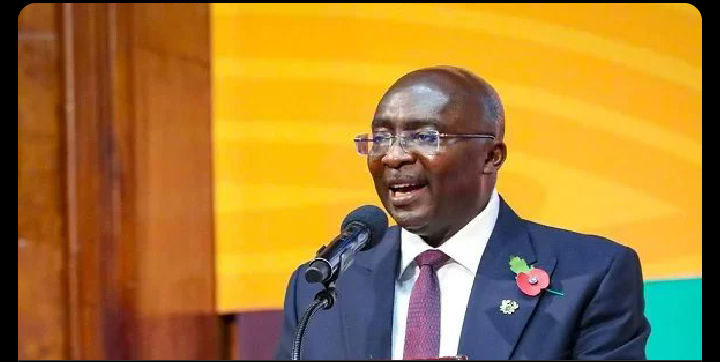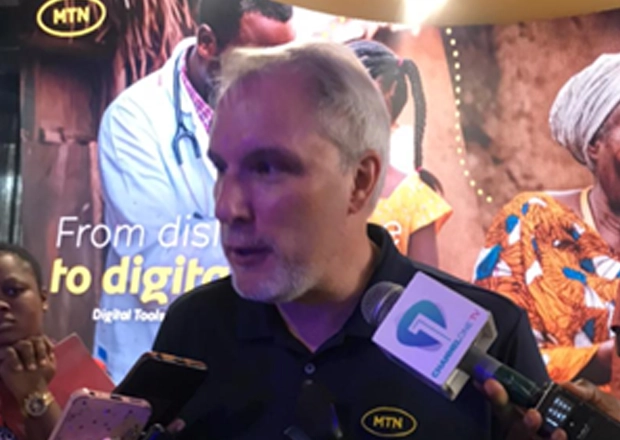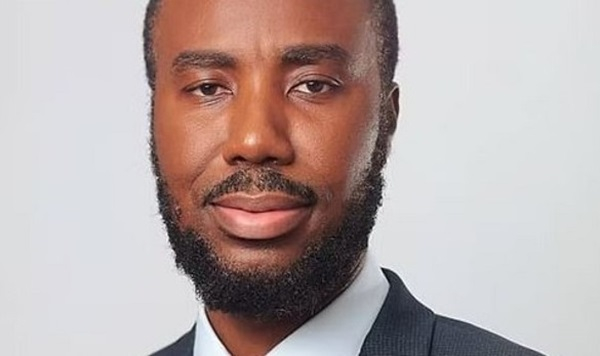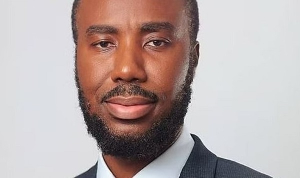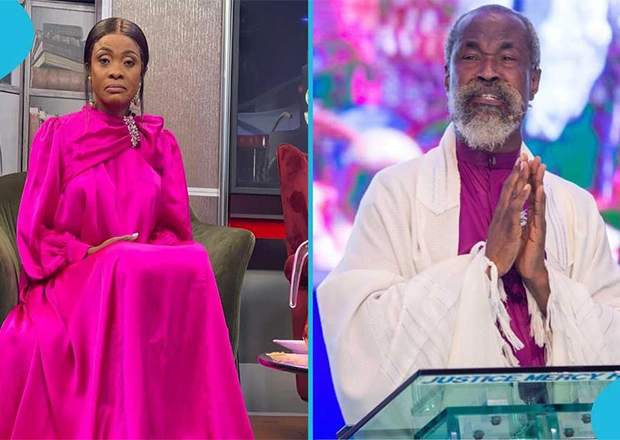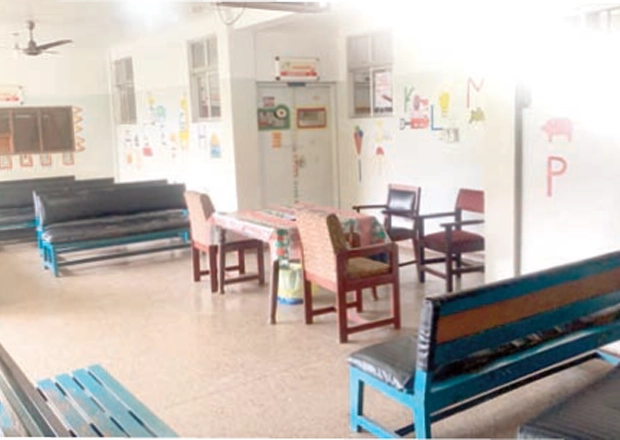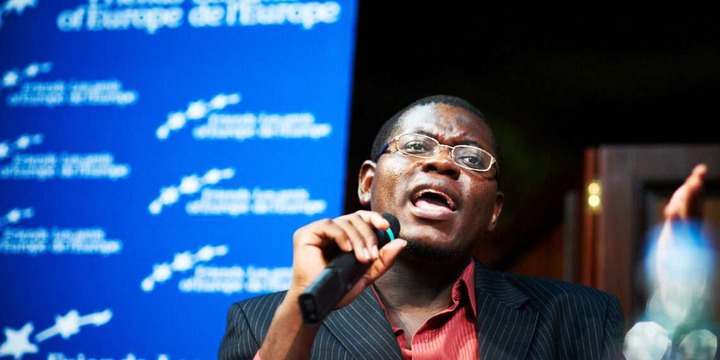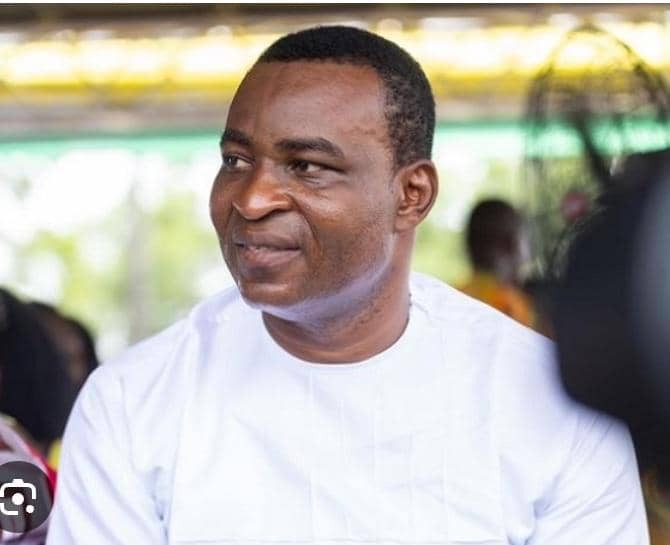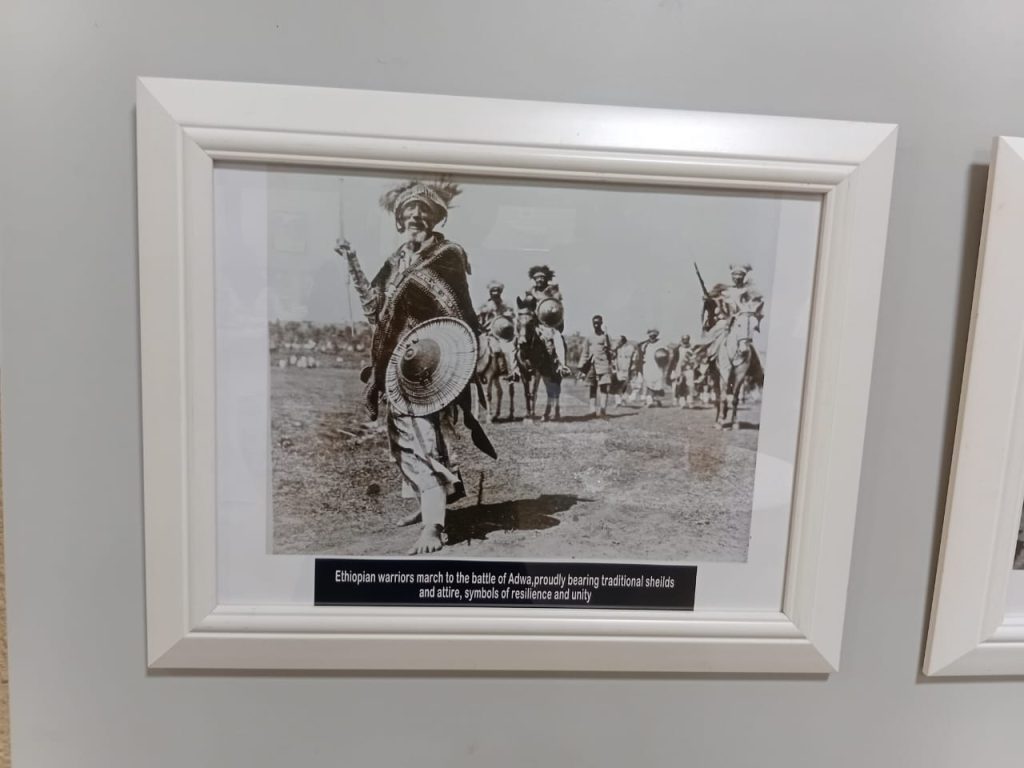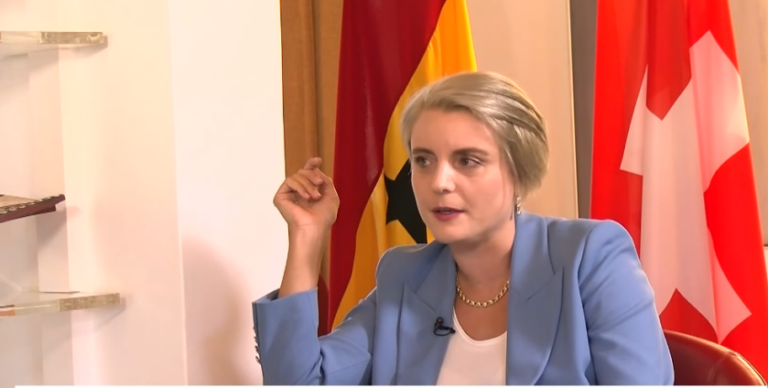Parliament has passed the Energy Sector Levies (Amendment) Bill, 2025, to impose a GH¢1 on every litre of petroleum products to raise additional funds to defray the $3.7 billion energy sector debts.
The bill proposed an upward adjustment in the Energy Sector Shortfall and Debt Repayment Levy to raise additional revenue, GH¢5 billion annually on average, to support the payment of energy sector arrears, reduce legacy debt and ensure a stable power supply across the country.
The Minister of Finance and Member of Parliament (MP) for Ajumako-Enyan-Esiam, Dr Cassiel Ato Forson, laid the bill under a certificate of urgency last Tuesday.
It was read and referred to the Finance Committee for consideration, and the report was approved by the house the same day in the evening.
The Minority side of Parliament walked out of the House before its passage.
Rationale
Explaining the rationale behind the bill, Dr Forson told Parliament that the energy sector currently posed the greatest economic and fiscal threat to the country, warning that failure to address its mounting challenges could result in a full-blown crisis.
“The total energy sector debt as at the end of March 2025 stands at $3.1 billion. This amount includes debts owed to Independent Power Producers (IPPs), State-Owned Enterprises (SOEs), fuel suppliers and other stakeholders,” he said.
Dr Forson emphasised that the nation’s inability to honour its financial obligations to key players, such as ENI and Karpowership, resulted in the complete drawdown of two critical guarantees in 2024: a $512 million International Development Association (IDA) guarantee from the World Bank and a $120 million guarantee from the Ghana National Petroleum Corporation (GNPC).
The government, he said, would now need $632 million to restore those guarantees.
Dr Forson further stated that a minimum of $3.7 billion was required to clean up the energy sector’s overall indebtedness and reset the sector on a more stable path.
Highlighting the shift in the country’s electricity generation mix, Dr Forson said the country now heavily relied on thermal power to supplement hydroelectric sources.
However, he revealed that the cost of liquid fuel for thermal generation was not currently factored into electricity tariffs, resulting in revenue shortfalls.
The Finance Minister further stated that including fuel costs in the current electricity pricing structure could lead to a 50 per cent hike in tariffs, which would significantly burden households and businesses.
No extra cost
Therefore, the proposed levy increase, Dr Forson explained, was a more balanced alternative that would avoid passing costs directly onto consumers.
“This levy will serve as a dedicated source of funding to the power sector, and the proceeds will be earmarked for the procurement of essential fuel for power generation,” he said.
Dr Forson assured the House that the impact of the new levy on petroleum prices would be neutralised by the strong performance of the Ghana cedi, ensuring that consumers would not pay extra for petrol or diesel.
“Mr Speaker, I repeat, the impact will be absorbed by the gains made from the strong performance of the Ghana cedi, and this will mean that consumers will not have to pay extra for the price of petrol and diesel beginning today.
“Our simulations suggest that there will be no increase in the ex-pump price of petrol and diesel in the next window, beginning today, if the levy is imposed,” he stated categorically.
Energy Minister
Commenting on the amended bill which is awaiting presidential assent, the Minister of Energy and Green Transition, Dr John Abdulai Jinapor, said proceeds from the levy would be used to support the procurement of liquid fuel to fire thermal plants.
He said that although the proceeds would not be enough to retire the entire Energy Sector debt, it would help to stabilise the power sector and avert a more severe crisis that would be costlier to the citizenry.
The law would not have a sunset clause but the government had put together a roadmap to resolve the issues.
“All the challenges identified in the sector are being addressed simultaneously.
We have also put in place measures to monitor the economy and progress.
We will continue to review this periodically to ensure that the people of Ghana are not short-changed,” Dr Jinapor stated.
The Energy Minister emphasised that enough and wide consultations were done with stakeholders and Ghanaians ahead of the passage of the bill.
He said the consultations had resulted in the ideal way the challenge and the levy had been dealt with.
History
The inability of the state to ensure the payment of debts as fast as possible informed the introduction of the GH¢1 per litre.
This year, the government consolidated various levies in the ESLA, including the price stabilisation and recovery, and the energy sector debt recovery levies, into a single levy of GH¢0.95 (95Gp).
Before the consolidations this year, ESLA witnessed two amendments after it was first passed in 2015. After barely a year of implementation, the government lost power, and the new government made some changes.
First in 2017 to reduce the Public Lighting Levy from five per cent per kilowatt hour (kWh) of electricity to three per cent and the National Electrification Levy from five per cent per kWh to two per cent.
In 2019, the law was again amended to create a special purpose vehicle (SPV) to collateralise the inflow, resulting in the ESLA PLC Bond, to raise more funding to retire the debts in the energy sector.
Administered by KPMG, the ESLA PLC also had challenges, including additional costs regarding bond issuance and management fees.
Experts in the energy sector told the Daily Graphic that those measures notwithstanding, the government between 2017 and 2024 could not contain the energy sector debts, but rather left them to balloon from about $3 billion at the end of 2016 to $9 billion at the end of 2024, requiring smart thinking to resolve.
One of the sources, who pleaded condition of anonymity, said although liquid fuels were not captured in the energy sector price build-up, that had become the mainstay for keeping generation, while natural gas, which was part of the price build-up, had become stranded.
The source said it was therefore imperative to introduce the GH¢1 to meet the liabilities in the energy sector.
It added that the levy had been imposed on petroleum products because its collection was more efficient and transparent as opposed to levying it on energy infrastructure and generation.
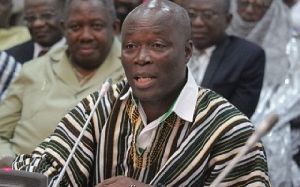 The National Coordinator of the District Road Improvement Programme, Edwin Nii Lantey Vanderpuye
The National Coordinator of the District Road Improvement Programme, Edwin Nii Lantey Vanderpuye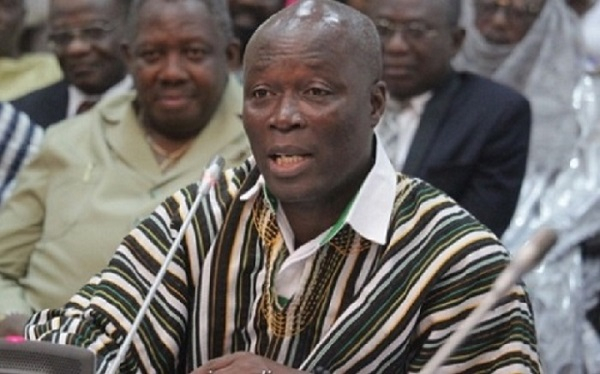
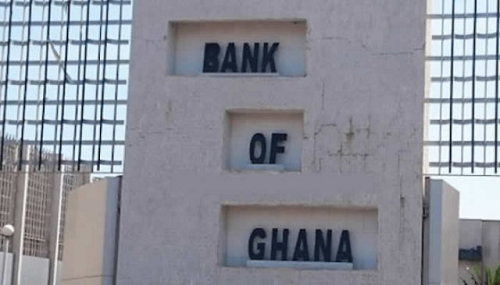



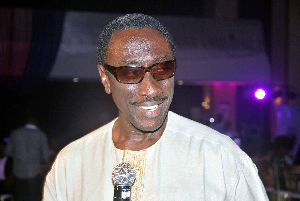
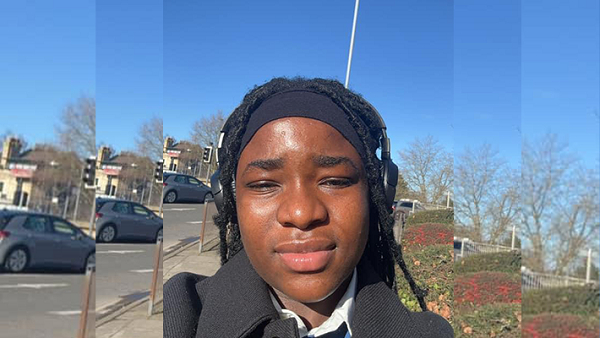


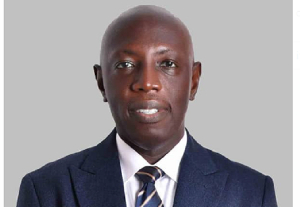





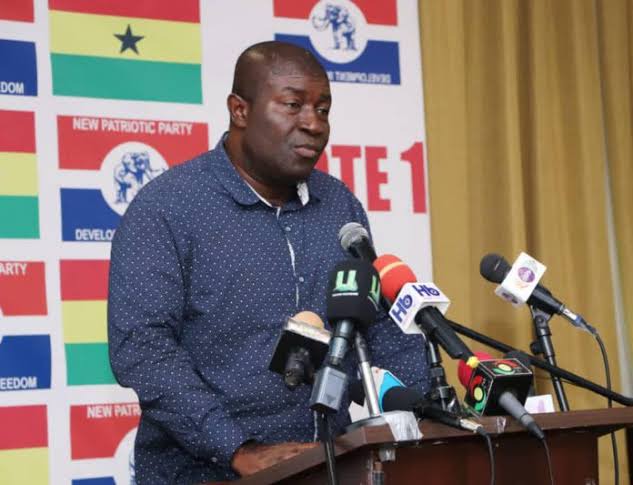
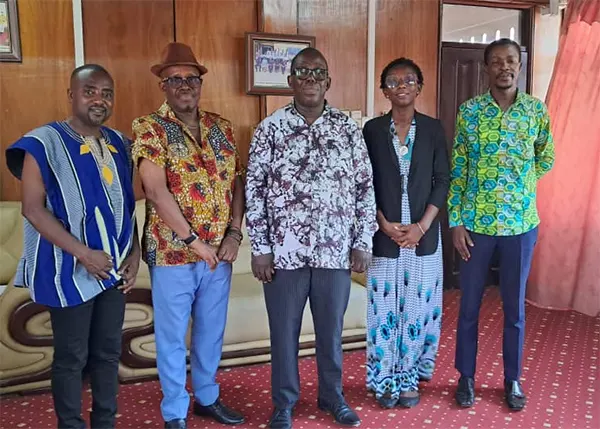



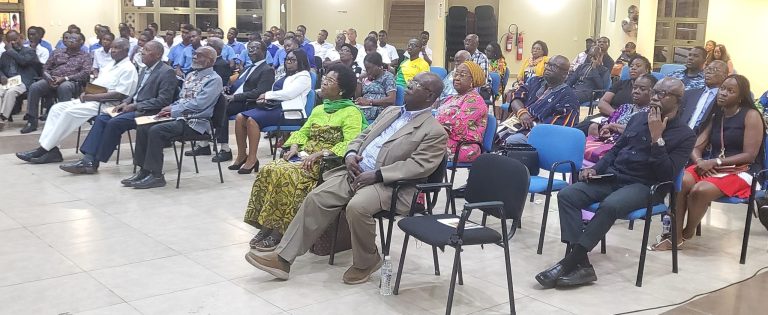

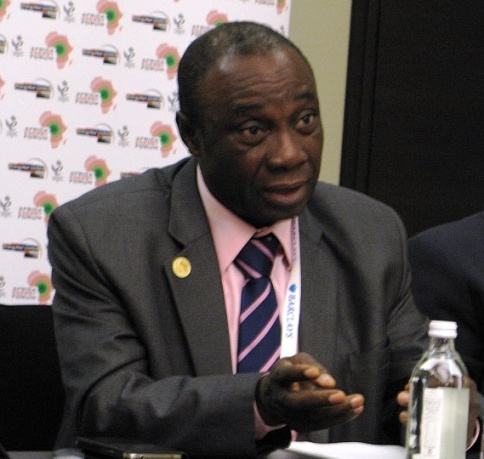
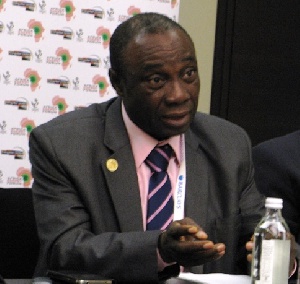


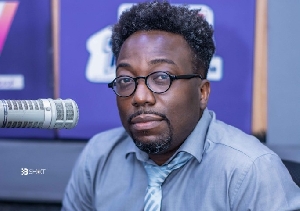
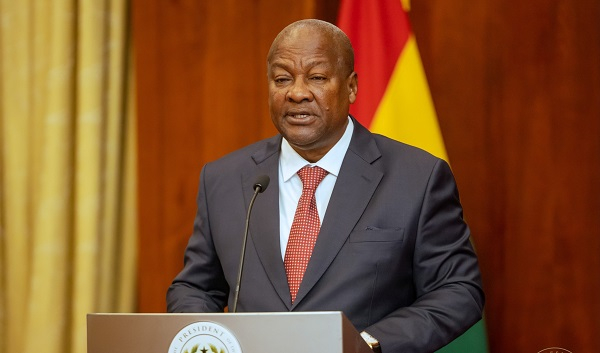
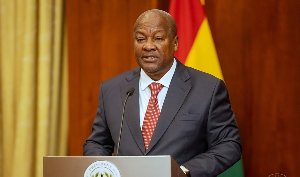


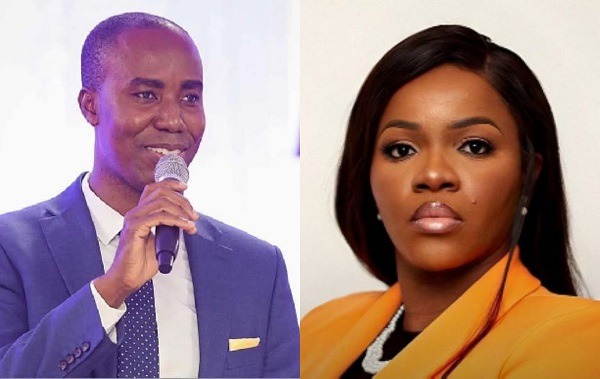


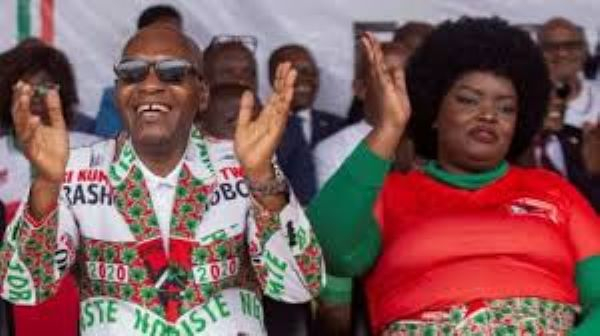
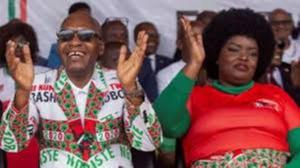
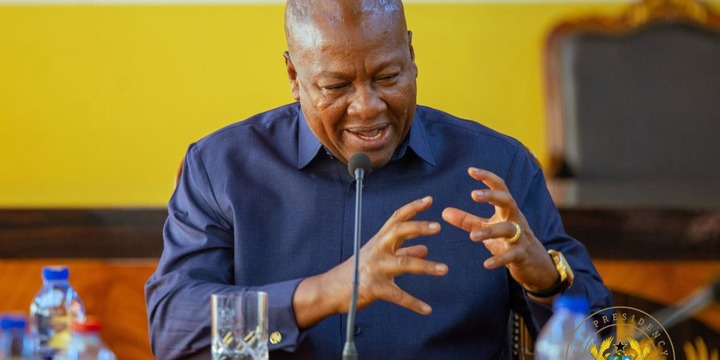


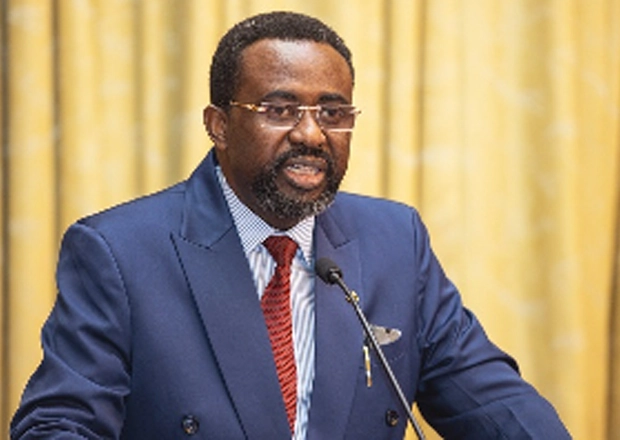

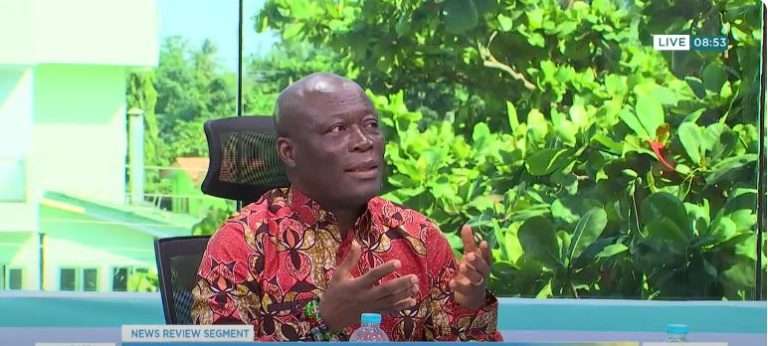
 By opting to protest at the Police Headquarters rather than engaging the Electoral Commission directly or pursuing legal channels, he suggested the MPs were more focused on creating a public spectacle to gain sympathy than seeking a meaningful resolution.
By opting to protest at the Police Headquarters rather than engaging the Electoral Commission directly or pursuing legal channels, he suggested the MPs were more focused on creating a public spectacle to gain sympathy than seeking a meaningful resolution. He questioned the rationale behind petitioning the Inspector General of Police (IGP) rather than addressing their concerns directly to the Electoral Commission (EC), which is constitutionally mandated to declare election results.
He questioned the rationale behind petitioning the Inspector General of Police (IGP) rather than addressing their concerns directly to the Electoral Commission (EC), which is constitutionally mandated to declare election results.
